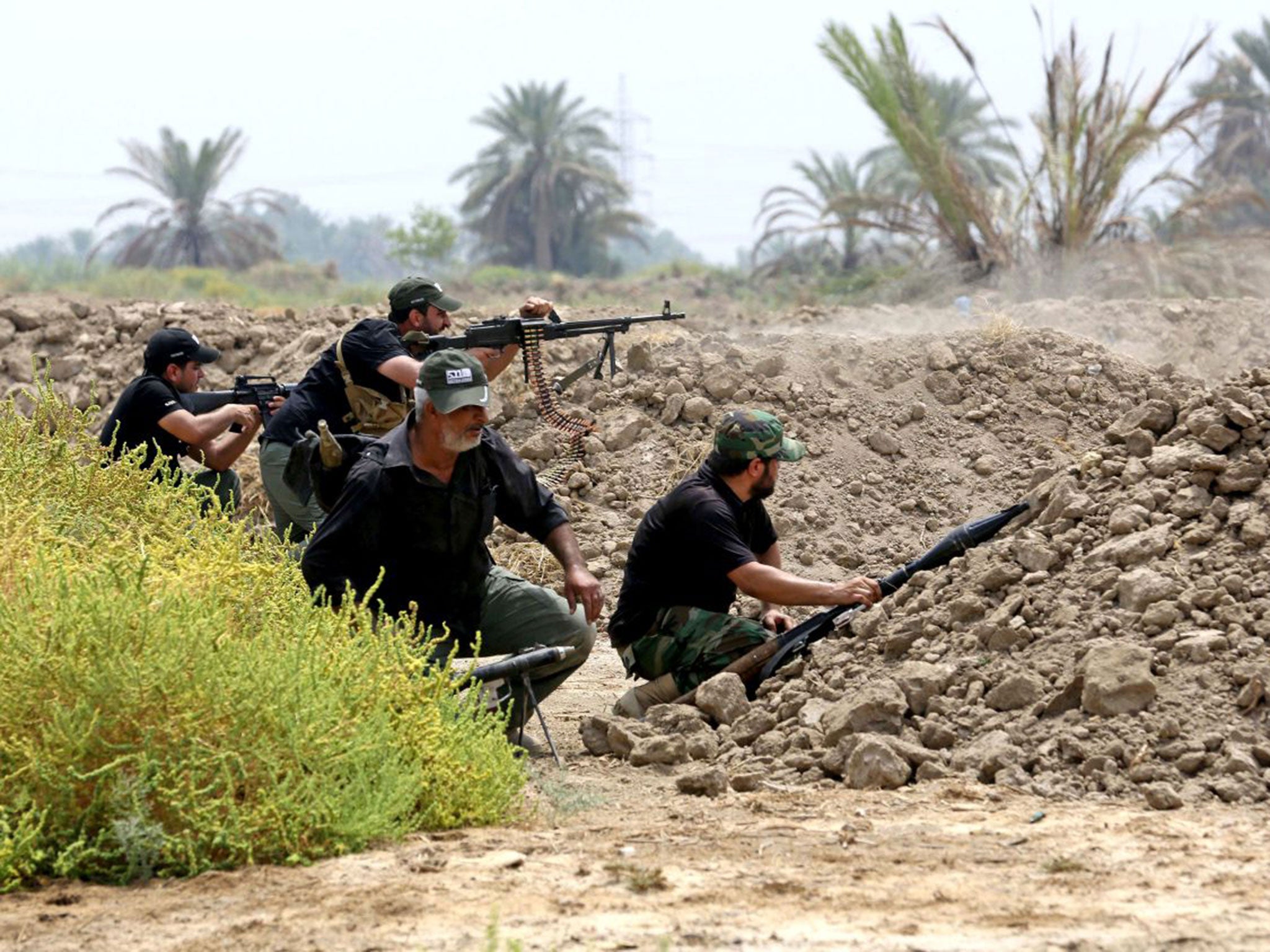The world must 'wake up' to the scale of the crisis in northern Iraq, warns British aid worker
Many refugees feel 'abandoned' by the international community

Your support helps us to tell the story
From reproductive rights to climate change to Big Tech, The Independent is on the ground when the story is developing. Whether it's investigating the financials of Elon Musk's pro-Trump PAC or producing our latest documentary, 'The A Word', which shines a light on the American women fighting for reproductive rights, we know how important it is to parse out the facts from the messaging.
At such a critical moment in US history, we need reporters on the ground. Your donation allows us to keep sending journalists to speak to both sides of the story.
The Independent is trusted by Americans across the entire political spectrum. And unlike many other quality news outlets, we choose not to lock Americans out of our reporting and analysis with paywalls. We believe quality journalism should be available to everyone, paid for by those who can afford it.
Your support makes all the difference.The international community must "wake up" to the "vast scale" of the humanitarian crisis in northern Iraq, a British aid worker has warned.
Ravi Singh, founder of the Sikh humanitarian charity Khalsa Aid, described the struggle to provide food, water and shelter to hundreds of thousands of refugees, as the UN said the number of internally displaced people across Iraq had swelled to 1.45 million.
Mr Singh has been in northern Iraq for two weeks, as refugees have fled the assault on Mosul and surrounding cities by the Islamic State. "The situation here is so dreadful that in some places Yazidis and Syrian refugees are starting to lose hope," Mr Singh told The Independent on Sunday by telephone from Erbil.
The world's attention turned to the murder of the US journalist James Foley last week, and according to Mr Singh, many refugees now feel "abandoned" by the international community.
As a lone, turbaned and bearded Sikh distributing disinfectant, milk and water, Mr Singh admits he's an unusual sight in northern Iraq. "I stick out like a sore thumb," he said. "I've taken to wearing a bright blue turban, not a black one, as the black turban is associated with the Islamic State and the horror these people have experienced."
Mr Singh, praised for his humanitarianism in the IoS's Happy List earlier this year, says the only evidence of international aid he has witnessed has been from Kurdish doctors in Erbil returning from Sweden, which has a large Kurdish community, and the UNHCR and International Red Cross at a "tent city" in Dohuk.
"It's deeply disappointing that the big agencies from the UK are not here," he said. "The refugees are not hard to find."
Major aid agencies insisted yesterday that they were there. Save the Children said it had reached 125,000 people with deliveries of food, water and hygiene kits. Nigel Timmins, deputy humanitarian director at Oxfam, said: "We have teams on the ground... but like many agencies, we accept that more needs to be done."
He added: "The challenge we face is the sheer number of concurrent global emergencies, from conflict in Syria and Gaza to hunger in South Sudan and Yemen."
Join our commenting forum
Join thought-provoking conversations, follow other Independent readers and see their replies
Comments